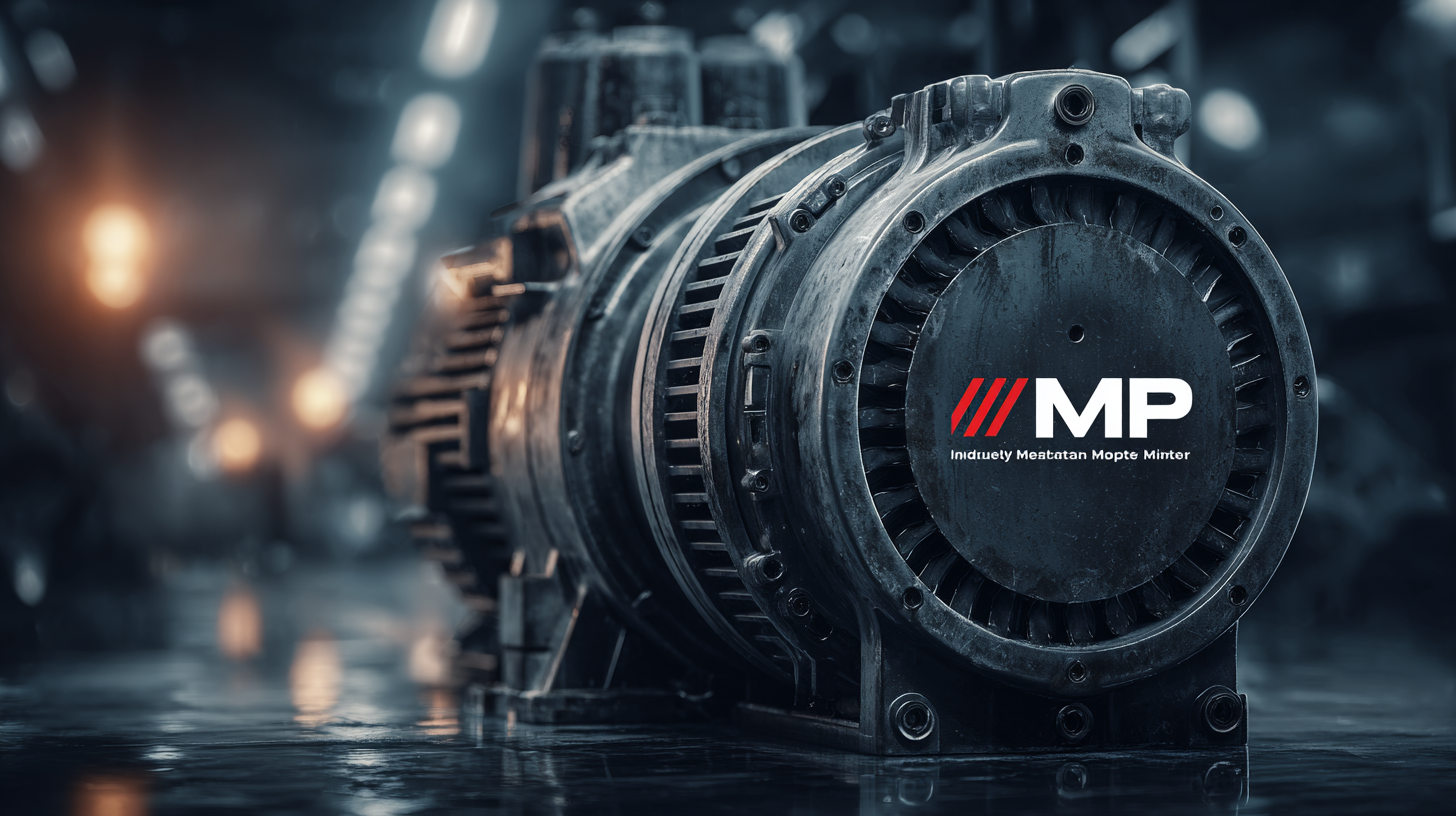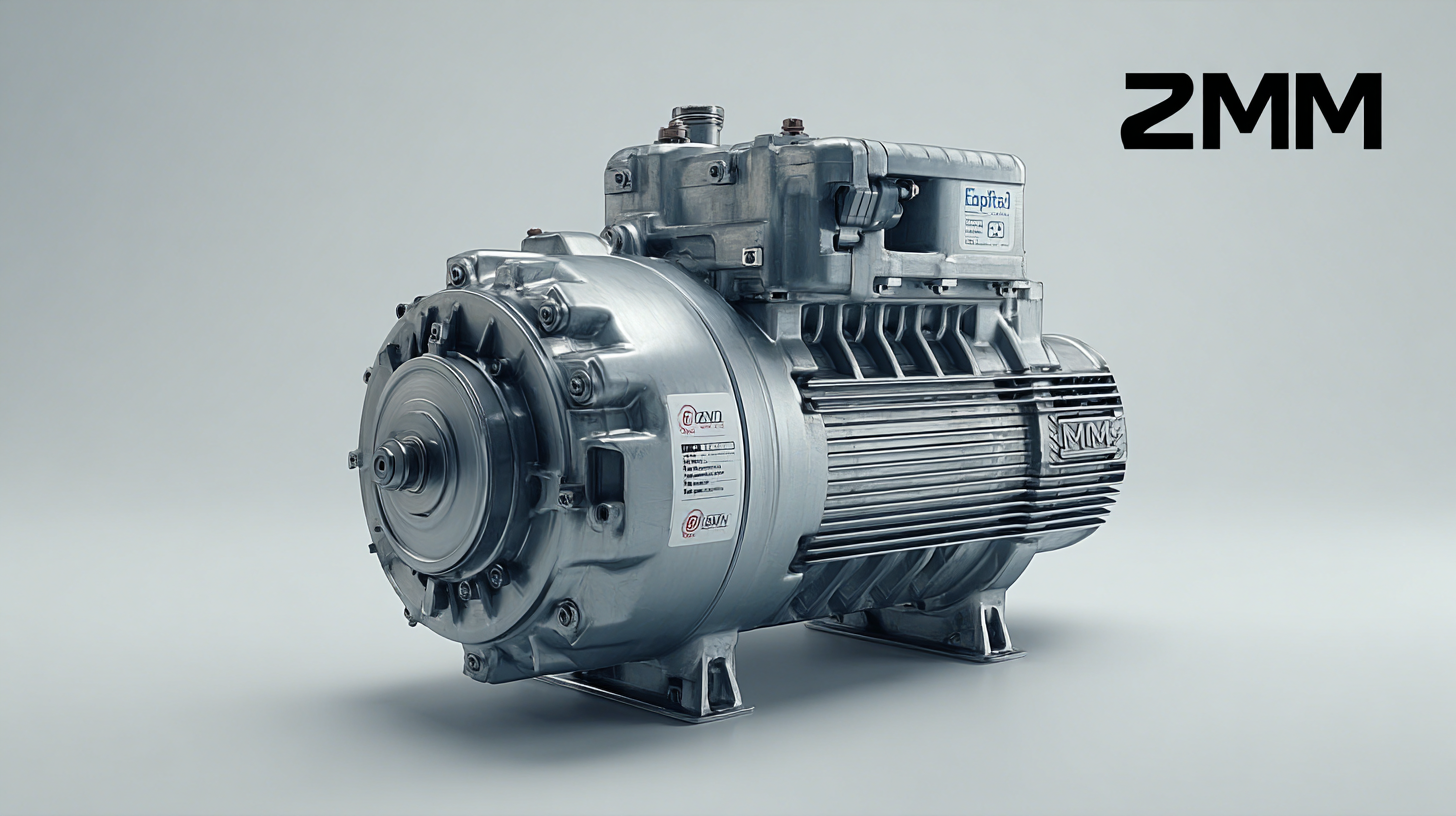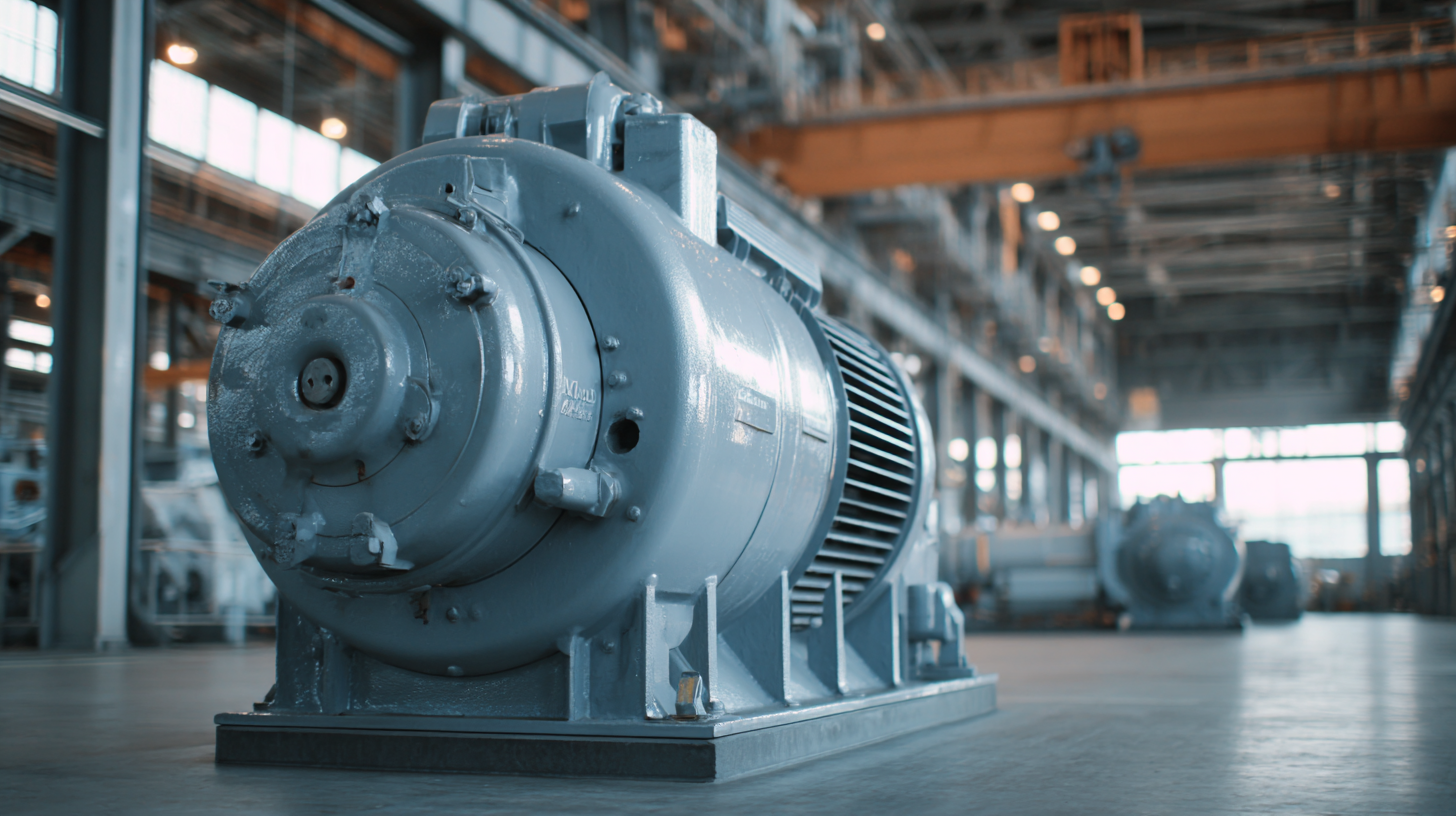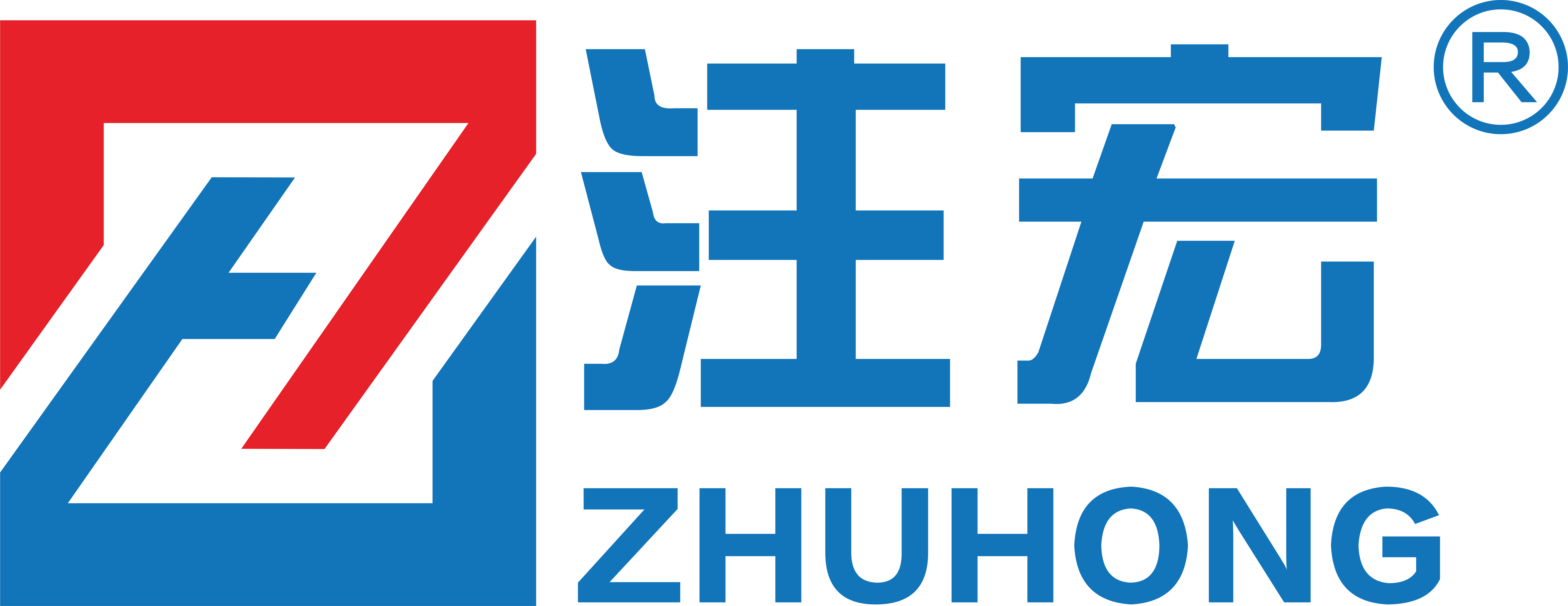
Maximize Efficiency with Exceptional After Sales Support for the Best Industrial Motor
In the competitive landscape of industrial applications, the efficiency of operations heavily relies on the performance of the machinery used, particularly the industrial motors that power these systems. However, the journey does not end with the purchase of a high-quality industrial motor; the effectiveness of after-sales support can significantly influence its operational lifespan and performance. This blog aims to delve into the top strategies that can help maximize efficiency through exceptional after-sales support. By understanding the importance of timely maintenance, effective communication, and quality customer service, industries can ensure their industrial motors run smoothly and efficiently. A well-supported industrial motor not only enhances productivity but also reduces downtime, ultimately leading to improved profitability. Join us as we explore the essential strategies that every business should adopt to ensure their industrial motor investments yield optimal results.

Importance of After Sales Support in Industrial Motor Performance
After-sales support plays a crucial role in the performance of industrial motors, directly impacting their longevity and efficiency. According to a report by the International Energy Agency, industrial motors account for approximately 70% of global electricity consumption in the industrial sector. Hence, the quality of after-sales service can significantly enhance operational effectiveness and reduce energy costs. Timely maintenance, troubleshooting, and availability of spare parts ensure that motors operate at optimal efficiency, minimizing downtime and extending their lifespan.
To maximize the benefits of after-sales support, businesses should consider implementing a proactive maintenance program. This involves regular inspections and timely upgrades, which can prevent major failures and unplanned outages. Additionally, investing in comprehensive training for both operators and maintenance personnel is essential. With proper knowledge, teams can quickly diagnose and resolve issues, keeping motors running smoothly.
**Tip:** Establish a strong relationship with your after-sales support provider. Understand their response times and service options to ensure you can quickly access the help you need when issues arise.
**Tip:** Keep a detailed maintenance log to track performance trends over time. This will not only help in early detection of potential failures but also serve as a reference for future troubleshooting.
Maximize Efficiency with Exceptional After Sales Support for the Best Industrial Motor
Key Technical Specifications for Optimal Motor Efficiency
When selecting an industrial motor, understanding its key technical specifications is crucial for maximizing efficiency. The first critical factor to consider is the motor's horsepower rating, which determines the load it can handle. A motor with an appropriate horsepower rating ensures optimal performance while preventing premature wear and energy wastage. Additionally, torque characteristics play a vital role in determining how well a motor reacts under various operational conditions. Matching the torque output to the application requirements leads to smoother operations and reduced energy consumption.

Another essential specification is the motor's efficiency class. Motors categorized under higher efficiency classes, such as IE3 or IE4, provide better energy savings and lower operational costs. They generate less heat during operation, which not only extends the lifespan of the motor but also contributes to a decrease in overall energy use. Additionally, understanding the motor's speed ratings, whether fixed or variable, can significantly impact your operational flexibility. Ultimately, a thorough grasp of these technical specifications enables businesses to select industrial motors that not only meet their performance needs but also contribute to a more sustainable and cost-effective operational strategy.
How Exceptional Support Enhances Customer Experience and Loyalty
Exceptional after-sales support is a crucial pillar in enhancing customer experience and building loyalty, especially in industries reliant on complex products like industrial motors. A recent survey highlighted that nearly 90% of customers are likely to repurchase from brands that deliver outstanding service. In this fast-paced technological environment, companies must harness AI-driven solutions to provide timely and effective customer support, allowing them to resolve issues efficiently and elevate the overall customer experience.
To foster loyalty, businesses should prioritize clear communication and emotional engagement with their customers. By understanding the emotional drivers behind customer behavior, brands can create meaningful interactions that resonate with their audience. Implementing personalized strategies ensures that customers feel valued and understood, further solidifying their loyalty. As we move toward 2025, adopting these exceptional customer support practices will not only enhance satisfaction but also provide a competitive advantage in an increasingly crowded marketplace.
Maximize Efficiency with Exceptional After Sales Support for the Best Industrial Motor - How Exceptional Support Enhances Customer Experience and Loyalty
| Support Feature | Impact on Customer Experience | Customer Loyalty Score (%) | Response Time (Hours) |
|---|---|---|---|
| 24/7 Support | Immediate assistance at any time | 90 | 1 |
| Technical Training | Empowers users to utilize equipment effectively | 85 | N/A |
| Dedicated Account Manager | Personalized assistance and support | 88 | 2 |
| Regular Maintenance Checks | Prevents downtime and enhances productivity | 92 | 4 |
| User Feedback Mechanism | Ensures ongoing improvement and responsiveness | 84 | 1.5 |
Case Studies: Successful After Sales Strategies in the Motor Industry
In the industrial motor sector, after sales support plays a pivotal role in enhancing customer satisfaction and maintaining operational efficiency. Successful companies leverage case studies showcasing innovative strategies that not only address customer concerns but also drive long-term loyalty. For instance, a leading motor manufacturer implemented a robust feedback loop, allowing customers to voice their experiences and recommendations. This approach resulted in significant product improvements and a strong customer-centric culture.
Tips for optimizing your after sales service include establishing clear communication channels. For instance, providing regular updates on service requests can significantly reduce customer anxiety and foster trust. Additionally, consider investing in training programs for your support team to ensure they are knowledgeable and capable of resolving issues promptly.
Another effective strategy is to utilize data analytics to anticipate customer needs. By analyzing usage patterns, companies can proactively offer maintenance services or upgrades, ensuring their clients’ operations run smoothly. This not only enhances efficiency but also strengthens the partnership between the supplier and the customer.
Future Trends in After Sales Support for Industrial Equipment
In the rapidly evolving landscape of industrial equipment, the importance of exceptional after sales support cannot be overstated. Future trends indicate a shift towards innovative business models like Equipment-as-a-Service (EaaS), where manufacturers transition from traditional capital expenditure (Capex) to operational expenditure (Opex). This flexibility not only enhances customer satisfaction but also ensures manufacturers can adapt to changing market demands efficiently.

To thrive in this new paradigm, companies must prioritize developing robust aftermarket sales strategies that align with their core operations. Incorporating digital technologies and data analytics can provide valuable insights into customer needs, paving the way for customized support solutions.
Tip 1: Leverage customer feedback to continually refine your after sales processes, ensuring that support aligns closely with real-time client needs.
Tip 2: Invest in training your team with the latest tools and techniques in after sales service to maintain a competitive edge in customer satisfaction.
By embracing these forward-thinking approaches, manufacturers can not only maximize efficiency but also secure lasting client loyalty in an increasingly competitive market.
-

Phone
Phone

0086-13586199782
-

E-mail
-

Whatsapp
-

Wechat
Wechat

-

Top
